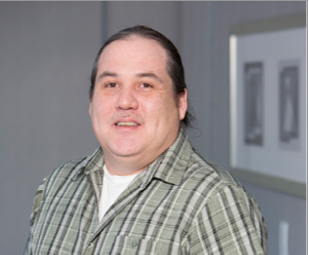The NNCTC would like to invite any adults who work with Native youth to attend a free, 2.5-day training in our Walking the Four Directions: A Traditional View of Discipline model for teaching youth social and emotional skills.
Walking the Four Directions uses the Medicine Wheel as a framework for developing non-confrontational, strength-based techniques when working with Native youth and supports adults in learning the following:
A traditional and proactive approach to discipline
Prevention through storytelling and teaching social skills
Making Praise and encouragement authentic
Flexible consequences
Problem solving
How to build positive relationships with youth
How to promote balanced youth with strong leadership skills
How to move youth toward independence and self-reliance
When: March 20-22, 2023
Where: Best Western Plus Grant Creek Inn, Missoula, Montana
Cost: Training is provided free of charge. Participants are responsible for their own travel and lodging. A special room rate is available for participants who make reservations by March 4. Government room rates are also available.
Register here to reserve your spot!
Questions? Email Alan Rabideau, Youth and Family Engagement Specialist, NNCTC, at alan.rabideau@mso.umt.edu.
About Alan Rabideau, Developer and Lead Trainer for Walking the Four Directions:
Alan “Jawenodee-Inini” Rabideau is a member of the Sault Ste. Marie Tribe of Chippewa Indians located in the beautiful Upper Peninsula of Michigan. For the past 25 years, Alan has been working with youth, parents and their families in many different capacities. He has served as a school-based intervention specialist, adolescent substance abuse counselor, program manager of a residential based youth treatment program and a specialized or treatment foster parent. Mr. Rabideau has provided training to court ordered parents, foster parents and treatment foster care parents, teachers and human services professionals. Currently Mr. Rabideau works as a youth and family engagement specialist for the National Native Children’s Trauma Center at the University of Montana providing training and technical assistance to state, federal and tribal programs around children’s mental health initiatives, consumer, family and youth “driven” systems of care and positive behavioral support. Mr. Rabideau utilizes his cultural values and beliefs as an Anishinabe to help plan and advise programs so that they are culturally sensitive and “strength-based”. He has three grown foster/adoptive sons.

